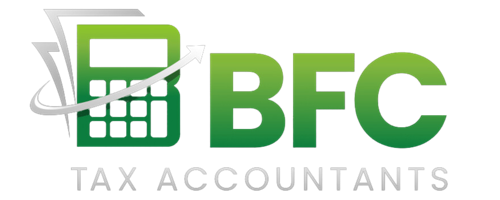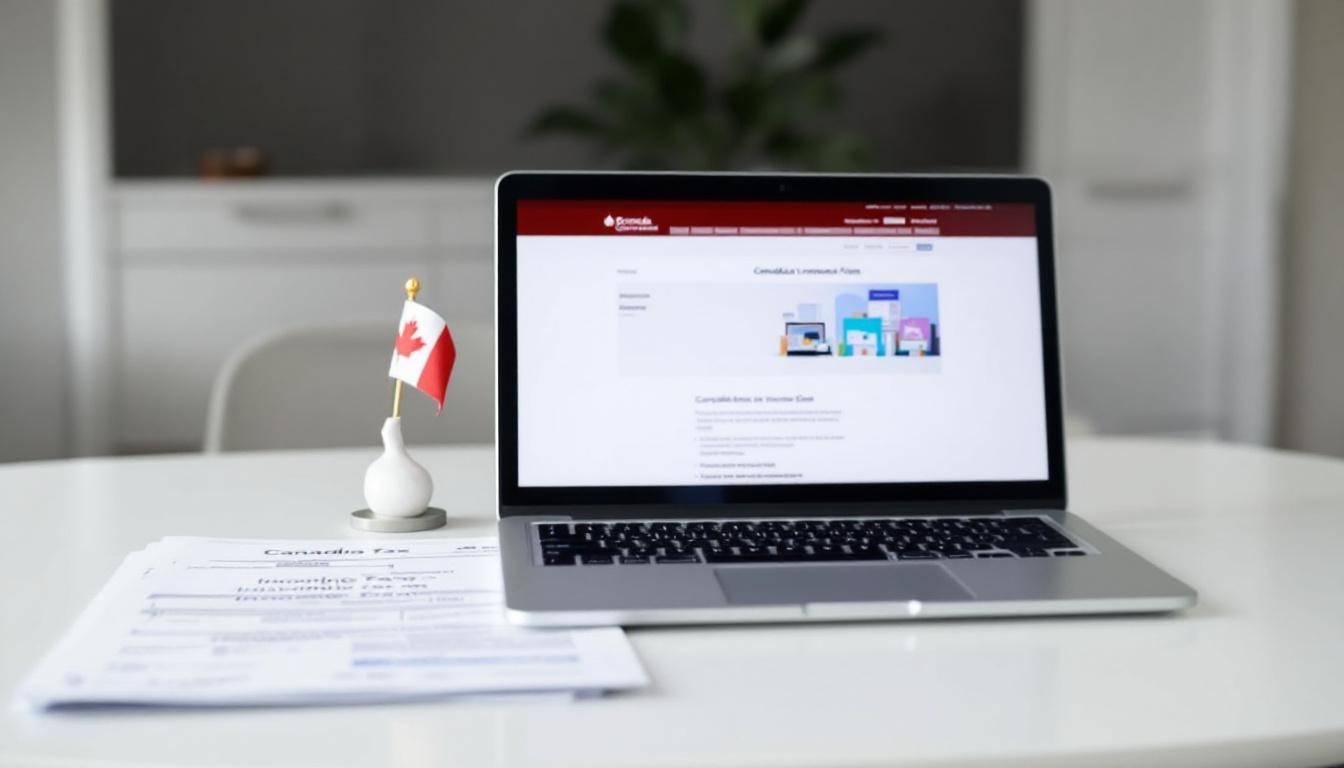Learn when personal income tax is due in Canada, understand deadlines, and avoid late fees with our comprehensive guide.
Continue readingBest Business Expense Tracking Apps for Entrepreneurs
Explore top business expense tracking apps to simplify financial management and help entrepreneurs save time and money.
Continue readingFiling Your Canadian Personal Tax Return: A Guide
Learn how to file your Canadian personal tax return. Get tips, insights, and avoid common mistakes with our comprehensive guide.
Continue readingCRA Personal Tax Rates: What You Need to Know
Learn about CRA personal tax rates in Canada, including brackets, credits, and practical tips to manage your taxes effectively.
Continue readingHow to Claim Canada’s Tax Basic Personal Amount
Claim Canada’s Tax Basic Personal Amount easily. Learn steps and tips to maximize your benefits and simplify your tax filing process.
Continue readingHow to Claim Personal Tax Credits in Ontario
Claim personal tax credits in Ontario easily with our practical guide. Learn step-by-step and maximize your savings.
Continue readingHow to Understand Personal Tax Brackets in Canada 2023
Navigate personal tax brackets Canada 2023. Learn to identify your bracket and optimize your tax strategy with expert insights from BFC Tax Accountants.
Continue readingEssential Bookkeeping Services: What Do They Include?
Explore essential bookkeeping services provided for your business, including payroll, invoicing, financial reporting, and tax preparation.
Continue readingSimplify Your Finances: Real Estate Bookkeeping Services
Simplify your finances with real estate bookkeeping services. Discover effective strategies and tools for seamless financial management.
Continue readingWhen Is the Personal Tax Deadline for 2024?
Learn about the personal tax deadline 2024 and get prepared. Avoid penalties by knowing key dates for timely filing and payment.
Continue reading










